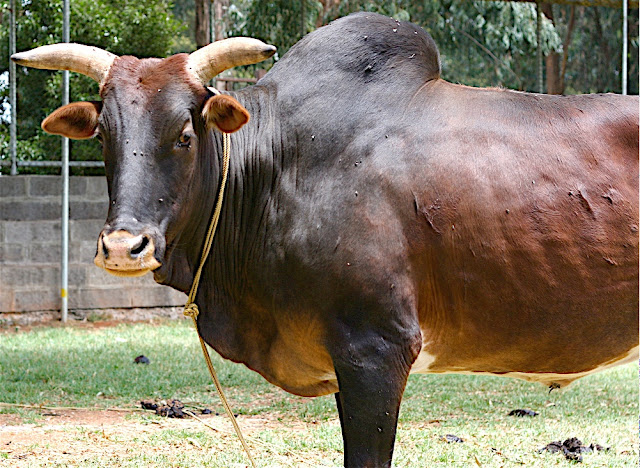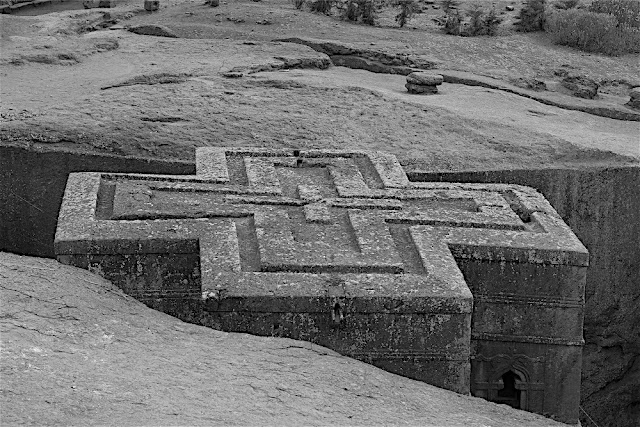
Not that I was beginning to envy DC's road experiences, but last Friday I finally joined the ranks and completed my indoctrination into the driving scene in Addis. A faranj once told me that there are two types of drivers in Addis: Those-Who've-Been-Hit and Those-Who-Will-Be-Hit.
Within my first month of driving here, I had an old Corolla attempt to pass me on the right in a crowded parking lot. Not only did I had my right signal blinking away but I had legally turned into the lot first before the blazing white Corolla barged through in my blind spot. Anyway, the result was a very minor fender-bender. I had the upper hand in that I was the one in a large, 4WD, diesel truck. Naturally, he sped off before I could even inspect the damage.
This time around however, something happened that I cannot blame on outside forces. I attempted to enter the only divided highway in the country by using an exit. Since 98% of the people with drivers' license here obey 2% of the traffic laws I figured it would not be out of the ordinary. And to avoid the sprawling traffic jam in Toro-helich, I pulled an Ethiopian move, and did what I've seen many people do: I sneaked onto the highway from the exit ramp. To my dismay, two police officers, on foot, appear from nowhere on the highway and begin blowing a referee whistle at me to pull over. Part of me thinks, I have open road and an automobile, these guys have a small whistle and boots --- why should I pull over? However, no need to mess with the law in a country that has a shaky political and legal system. I don't care to end up in some jail on the top of Entoto Mountain. So, after I pull over onto the right lane (there is no shoulder, I am just in one lane of the highway), a police officer ambles up to the window to say 'You have made big mistake, big mistake.'
Of course, I feign innocence, 'Really? I can't enter there? Oh, I didn't know! I am soooo sorry.' He asks for my license, takes a cursory look, and tells me he will have to write me a ticket and I can go to the police station in my kebele and pay it. It will cost 140 ETB (18 bucks). The thought of having to go to any government office for any unnecessary reason is very unsavory. So, I gently ask the officer, 'Is there anyway I can just pay HERE? Can't I just pay YOU, and not have to go to the kebele office?' Instantly, the police officer changes his tone. He asks me how I am doing. He asks me what country I am from. I tell him America and he gushes, 'Very cool country.' He proceeds to call me Sister, and tells me that I am his friend and I must come to his house for coffee or tea. When I gently ask again about settling up here, he informs me that because I am his Sister, I can pay now and not have to bring a ticket to the kebele (since traffic tickets often block expat's exit visa --I am more than happy to settle on the ring road). So, next I tell him all I have is 100 ETB ($11.25), and without hesitation he says 'Oh that is fine, because you are MY SISTER.' As I drive away, I realize I had effectively bribed a police officer out of a traffic violation, firmly cementing my status as a regular African driver.
Elizabeth




